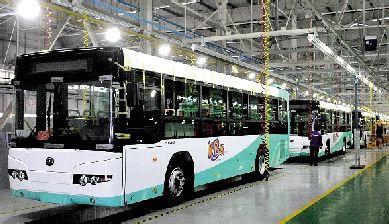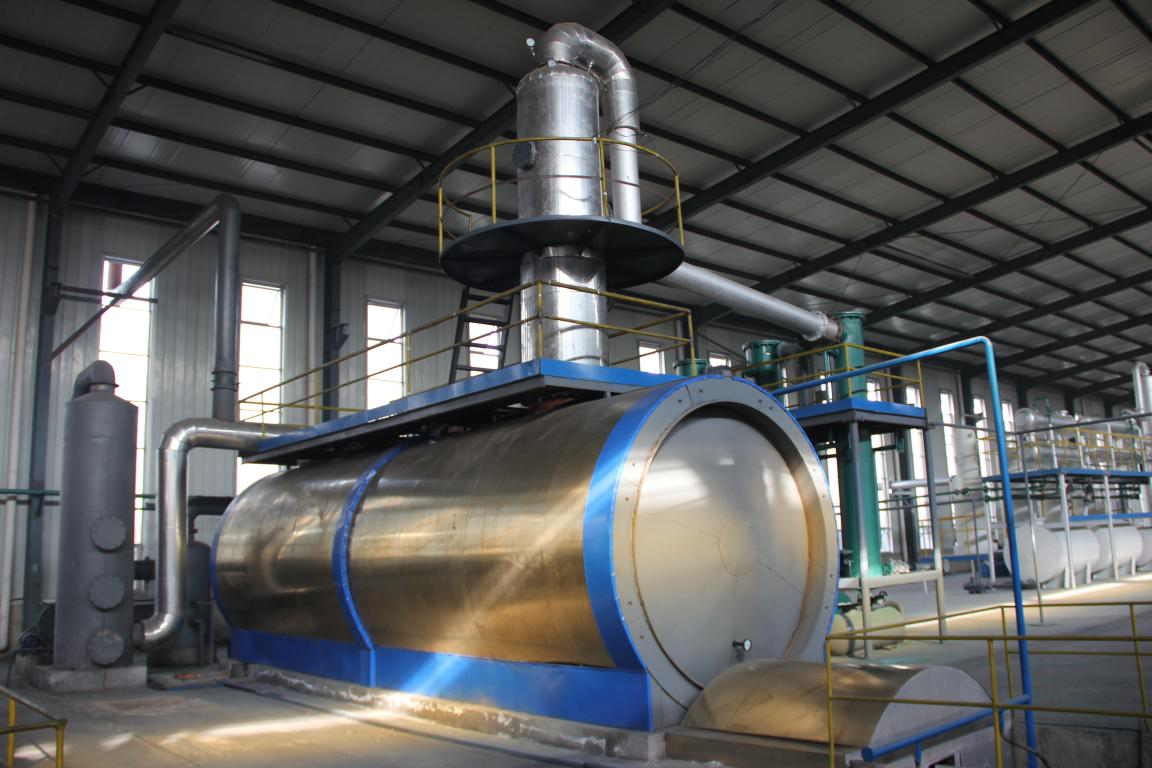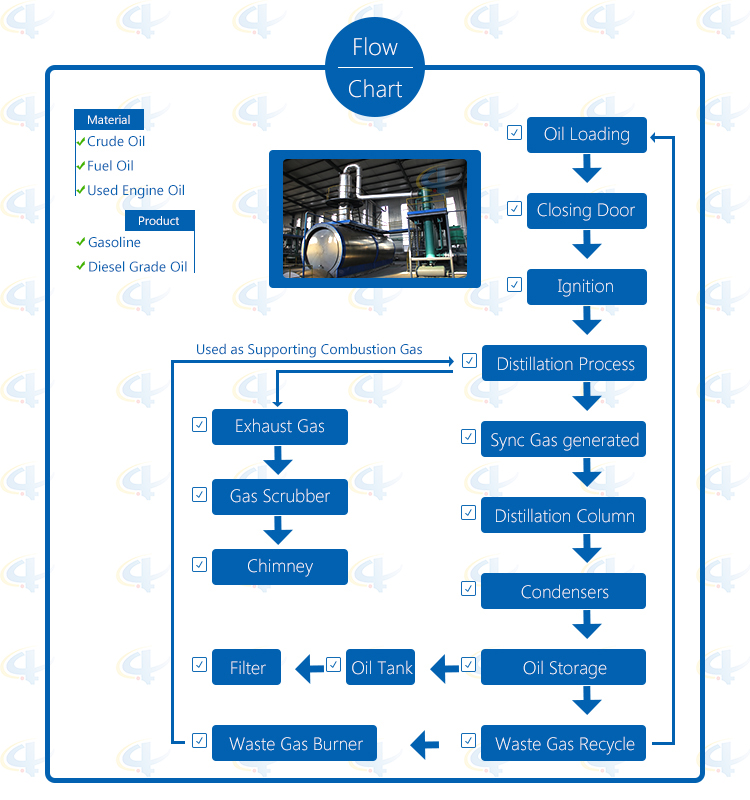At present, China has classified plug-in hybrid electric vehicles (PHEVs, including EREVs), pure electric vehicles (EVs), and fuel cell vehicles (FCEVs) as new energy vehicles, corresponding to the transition, medium, and long-term automotive energy-saving and environmental protection technology routes; Ordinary hybrid vehicles (HEVs) are recognized as energy-saving vehicles.
Hybrid vehicles have at least two types of power sources. At present, most of them use conventional internal combustion engines and electric motors as power sources, and generally do not rely on external charging power sources. According to the different degree of mixing, it can be divided into three types: micro-mixing, medium-mixing and full-mixing. Different types of mixing have different fuel-saving effects, and the required battery capacity and voltage are also different. According to the linkage method of the power system, the hybrid system is divided into three modes: series, parallel and hybrid.
Â

Plug-in hybrid vehicles are relatively common hybrid systems that can be recharged externally and have greater battery capacity. They can travel for more than 50 kilometers in a pure electric drive mode, and then run in hybrid mode after the battery is exhausted. Plug-in hybrids are parallel-type or hybrid-type hybrid types, which retain more traditional mechanical components and are more complex in structure; while tandem-type extended-range vehicles are beginning to suffer more due to their simpler structure and more efficient performance. The attention of multiple vehicle manufacturers.
Pure electric vehicles are powered by on-board power supply. As a drive system, motors eliminate the need for fuel tanks, engines, transmissions, cooling systems, and exhaust systems. The layout of power systems is greatly simplified, and the energy conversion efficiency is higher. At the same time, compared to traditional cars, The impact of the environment is even smaller. It has become the mid-term automotive energy-saving and environmental protection technology in various countries, but it is currently facing problems such as high battery costs, short cruising range, and long charging time. Because of its ability to effectively avoid the problem of short cruising range and long charging time, fuel cells are expected to replace pure lithium-ion battery electric vehicles in the long run.
China has determined the basic technical system of three vertical and three horizontal electric vehicles from the “Tenth Five-Year Planâ€. At present, the main push for pure electric buses and small electric vehicles is to promote plug-in hybrid applications in the household car market. The core technologies of new energy vehicles are batteries, motors and electronic controls, battery performance and cost, battery management systems and key motor components, which have become bottlenecks restricting the promotion of pure electric vehicles in China.
At present, China will classify plug-in hybrid vehicles (PHEVs, including EREVs), pure electric vehicles (EVs), and fuel cell vehicles (FCEVs) as new energy vehicles; and identify ordinary hybrid vehicles (HEVs) as energy-saving vehicles. Each of these models requires a power battery, but the energy source and power equipment are different.
Hybrid vehicles have at least two kinds of power sources, and one or more types of power sources are used to provide some or all of the power of the vehicles. At present, most of them use traditional internal combustion engines and electric motors as power sources. The electric power systems used include highly efficient motors, generators and batteries.
Batch Type Oil Distillation Plant
The Waste Engine Oil Distillation Plant is used to refine waste engine oil, crude oil and fuel oil after pyrolysis process into diesel grade oil, gasoline or and base oil. The daily capacity of this plant is about 5-6 tons.

Flow-chat of waste engine oi Distillation Plant

Advantage of waste engine oi distillation plant
1. Unique and original manufacturing and technology with our own formula of our equipments in China;
2. Unique horizontal design, high oil output with about 90% oil yield and 100% conversion rate, highly effective and profitable;
3. Good quality end product oil as the substitution of standard diesel oil in usage;
Automatic submerged welding technology, ultrasonic nondestructive testing, both manual and the automatic safety devices;
4. Sync gas recycling system: fully burned after recycling and utilization, saving fuel and preventing pollution;
5. National patent, unique heat insulation shell: high efficiency temperature keeping, excellent energy-saving effect;
6. High condensing efficiency condensers with more oil output. Good quality oil, longer lifetime, and easy to clean;
7. National patent water film smoke scrubbers: efficient removal of the acid gas and dust of the smoke, environmental friendly to meet related national standards.
Technical Parameter of Waste engine Oil Distillation Plant
|
NO. |
Item |
Technical Parameter |
|
1 |
Suitable Raw Materials |
Waste engine oil, Pyrolysis fuel oil, crude oil |
|
2 |
Structure |
Horizontal Type |
|
3 |
Capacity(24 hours) |
3.5-6.5Mt |
|
4 |
Work Pressure |
Normal Pressure |
|
5 |
Oil Yield |
80%-90% |
|
6 |
Power |
18 kw/H |
|
7 |
Cooling Method |
Cycle water |
|
8 |
Condensers |
4 pieces of Vertical condensers |
|
9 |
Emission Treatment |
New DE-sulfurization Smoke Scrubbers |
|
10 |
Heating Method |
Hot Air |
|
11 |
Type of Installation |
With Foundation |
|
12 |
Noise dB(A) |
≤85 |
|
13 |
Dimension of Reactor(mm) |
Ф2200×6000 Ф2500×8800 |
|
14 |
Operating Mode |
Semi-continuous Operation |
|
15 |
Main Chamber Weight (MT) |
10~13Mt |
|
16 |
Total Weight(MT) |
25~35Mt |
|
17 |
Installation Space Required |
35m*15m |
|
18 |
End Product |
Non-standard diesel oil |
|
19 |
Manpower |
1~2/shift |
|
20 |
Shipment Requirement |
2*40HC=Ф2200×6000 1*40HC+1*40FR=Ф2500×8800 |
Batch Type Oil Distillation Plant
Batch Type Oil Distillation Plant,Batch Distillation Column,Waste Oil To Diesel,Oil Distillation Plant
Shangqiu Jinpeng Industrial Co., Ltd. , http://www.recyclingthewaste.com